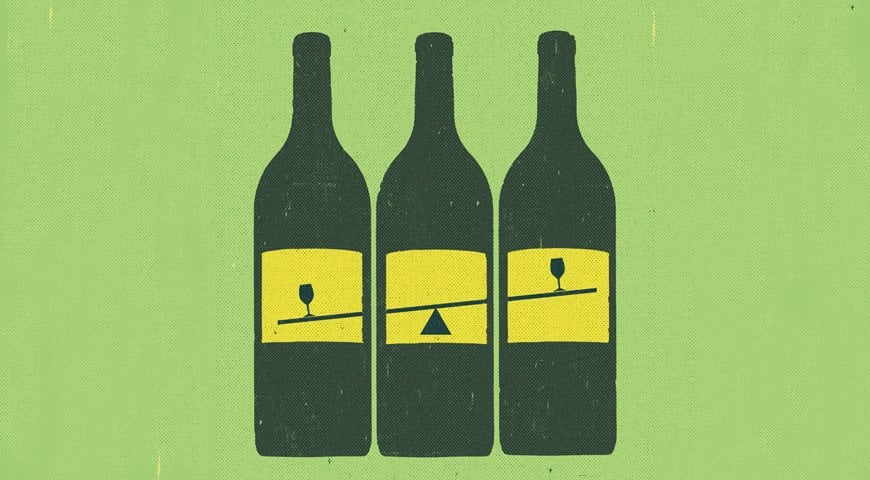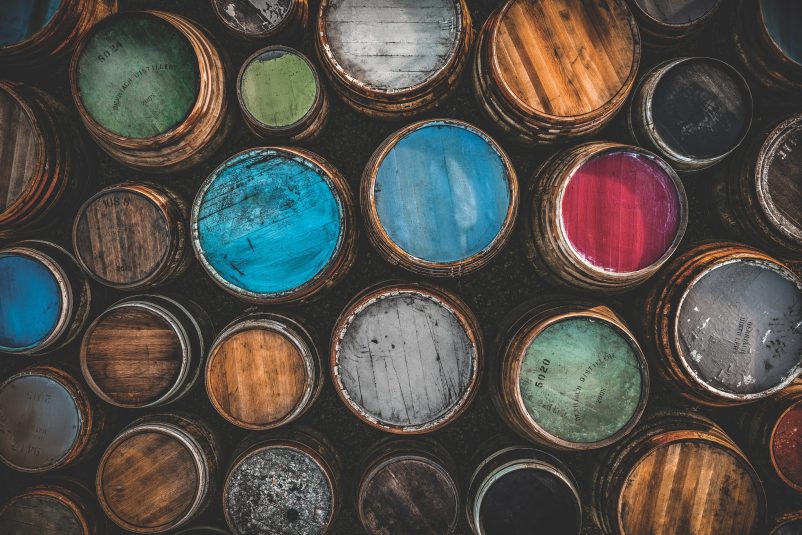01. What lessons have you learned from your past clients?
“Beginning collectors should ask their advisor for some pearls of wisdom, because the answer will suggest how engaged and how experienced the advisor is,” says Marc Lazar, president of Cellar Advisors, a wine consulting company in St. Louis.
02. How do you price your services?
Does your prospective consultant charge hourly, through a markup on wine bought or through a percentage of future sales? A buyer should also be aware of the ancillary costs of buying wine—storage, shipping, taxes and the buyer’s premium at auction, according to John Kapon, CEO of Acker Merrall & Condit, the Manhattan wine retailer and auctioneer.
03. What market trends do you see?
Your advisor should understand market trends and their international implications. “The market is becoming more diverse, more global,” Kapon says. Bordeaux, for example, has declined in popularity, with Burgundy, Champagne and even riesling grabbing more market share.
04. How much should I spend on a given wine at auction?
A consultant needs to do some research and basic math before advising a buyer at auction. “There’s no point in paying more than your wine merchant is charging,” says Peter Meltzer, Wine Spectator’s auction correspondent and author of Keys to the Cellar: Strategies and Secrets of Wine Collecting. A consultant must first “cross-reference the numbers against the estimate, then you can set a ceiling,” Meltzer says. “Don’t fall prey to auction fever.”

05. Do you have any conflicts of interest?
A consultant must be transparent. “There are a lot of potential conflicts in the wine business,” Lazar explains. “It’s not necessarily the end of the world; what you want to hear is that your advisor is aware of them and is up-front about them.”
06. How can you help me develop a collecting strategy?
Have a plan before entering the market, “otherwise you may end up with a bit of this and a bit of that, and nothing coherent,” says Meltzer. “A good start is to buy what are called ‘mixed lots.’ These are different wines from the same vintage or different vintages of the same wine—like a starter kit.”
07. How many clients do you have?
“Unlike stocks and bonds, where it’s all on a computer, you actually have to move this stuff; you’ve got to look at the wine, touch the bottles, pull it out of the cellar, inspect it,” Lazar says. “You can only do that for so many people.” Avoid consultants who represent more than about 20 clients or collections.

08. From whom do you source most of your wine?
A wine consultant must have a strong network of vendor and producer relationships. “That’s important because, if collecting becomes an arduous process, it becomes more work and time than it’s worth,” says Kapon.
09. Can you help me investigate the physical history of a bottle or case of wine?
Fakes or tainted wines regularly appear on the market, so “pristine provenance is germane to the acquisition process,” Meltzer says. “Your advisor should find out where the wine has been all its life.” The most desirable consignments at auction are called “ex-chateau” or “ex-winery”—wines that have never previously moved from the place they were made.
10. How can you make wine collecting easier?
Anyone prepared to spend the time and money on a wine consultant should be given a well-organized summary of what they can expect in return.
For more information, contact: John Kapon, [email protected], 212.787.1700, ackerwines.com; Marc Lazar, [email protected], 314.667.5328, cellaradvisors.com; Peter Meltzer,[email protected].









